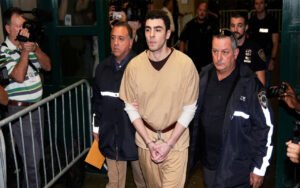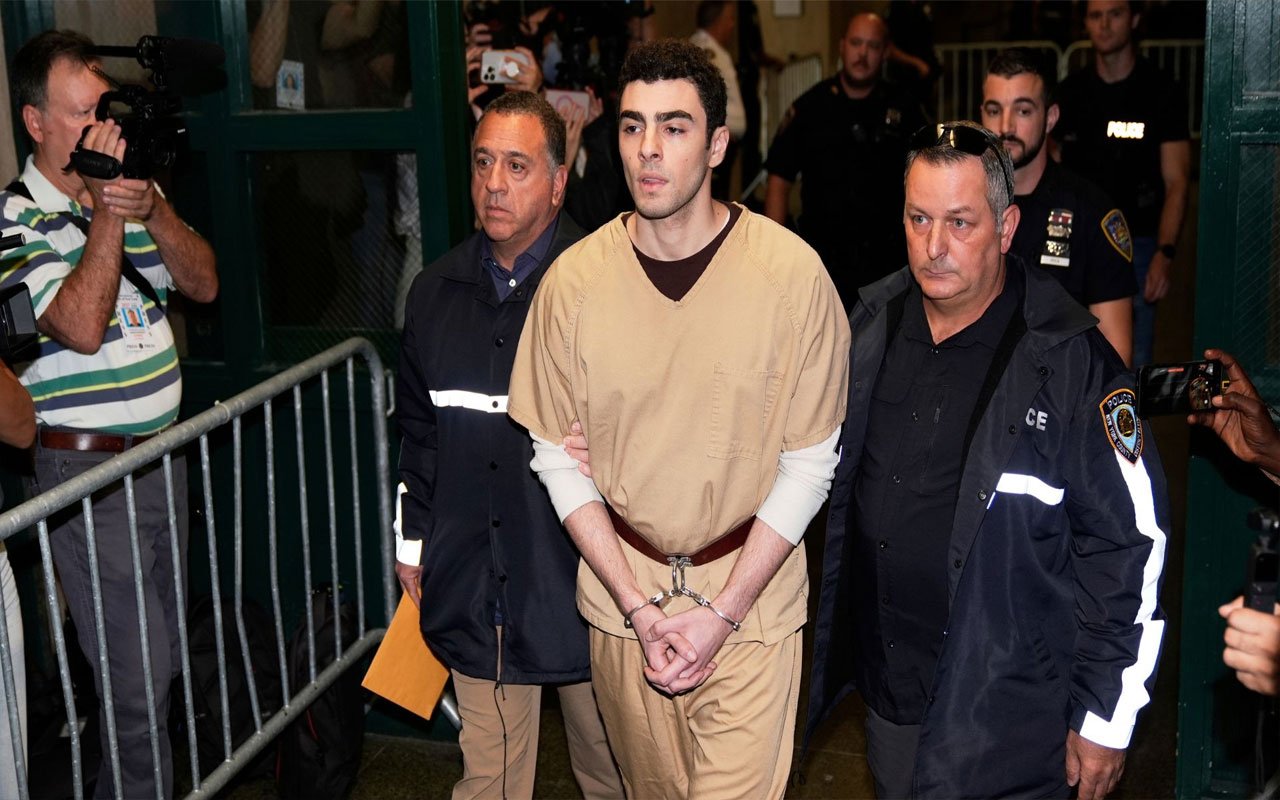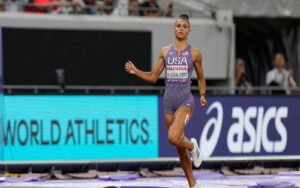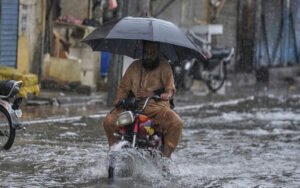Luigi Mangione murder case Judge Dismisses Terror-Related Charges Against Luigi Mangione in CEO Murder Case
Background of the Case
Luigi Mangione, 27, was initially indicted on multiple counts, including terror-related murder charges, after the fatal shooting of UnitedHealthcare’s CEO, Brian Thompson, in Manhattan. Prosecutors alleged Mangione’s actions were politically motivated and tied to anger against the U.S. healthcare system. However, the defense strongly argued that the charges of terrorism were not legally applicable.
Court’s Reasoning on Terror Charges
Judge Gregory Carro explained in his ruling that New York’s terrorism statutes are designed to address attacks intended to intimidate or coerce large civilian populations, not isolated incidents targeting one person. Since Mangione’s alleged motives did not meet that threshold, the terror-related counts were deemed legally insufficient.
Remaining Murder Charges
Despite the dismissal of two top charges, Mangione still faces second-degree murder and several related charges. If convicted, he could serve 25 years to life in prison. In addition, federal prosecutors are pursuing their own murder case, which carries the possibility of the death penalty.
Public Reaction and Next Steps
The ruling drew mixed reactions. Supporters of Mangione celebrated outside the courthouse, while critics argued the dismissal downplays the broader social and political motivations behind the attack. A hearing is scheduled for December 1 to address suppression of evidence, which will play a key role in shaping the upcoming trial.
 Legal Grounds for Dismissal
Legal Grounds for Dismissal
Judge Gregory Carro dismissed the terrorism-related murder charges against Luigi Mangione, stating that New York’s terrorism law applies to attacks aimed at intimidating or coercing large civilian populations. Since the killing of Brian Thompson targeted a single individual, it did not meet the statutory requirements of terrorism.
Details of the Murder Case
Mangione is accused of fatally shooting UnitedHealthcare CEO Brian Thompson outside a Manhattan hotel in December. Prosecutors argued the attack was politically motivated, tied to Mangione’s anger at the U.S. healthcare system, but defense lawyers countered that it was a personal act and not a form of terrorism.
Remaining Charges Still Stand
Although the terrorism counts were dropped, Mangione still faces second-degree murder charges and several related indictments. If convicted, he could face 25 years to life in prison. Meanwhile, federal prosecutors are preparing a separate case that may include the death penalty.
Defense Strategy in Court
Mangione’s attorneys argued that his writings, seized after the arrest, were mischaracterized as a “manifesto” by law enforcement. They claimed authorities exaggerated the ideological nature of the killing to frame it as terrorism, creating unnecessary hysteria.
Public and Media Response
The dismissal sparked public debate, with Mangione’s supporters celebrating the court’s ruling outside the Manhattan courthouse. Demonstrators, many dressed in green to show solidarity, cheered when they learned the terrorism charges had been dismissed. Media coverage has highlighted both the legal reasoning and the emotional reactions from the public.
Upcoming Court Proceedings
The case is far from over. Judge Carro scheduled another hearing on December 1 to address suppression of evidence collected during Mangione’s arrest, including his writings and firearm. These proceedings will determine how much of the evidence will be admissible in court as the trial moves forward.
Federal Case Still Looms
While the state terrorism charges have been dismissed, Mangione is still facing a separate federal murder case. The U.S. Justice Department has indicated it will pursue the death penalty, which keeps the stakes extremely high despite the state-level reduction in charges.
Double Jeopardy Concerns
Mangione’s defense team also raised double jeopardy arguments, claiming he should not be prosecuted for the same crime at both state and federal levels. However, Judge Carro rejected this, pointing to legal precedent that allows both state and federal prosecutions for the same act.
Suppression of Evidence Battle
Another major focus of the defense strategy is challenging the admissibility of evidence found in Mangione’s possession. His lawyers are pushing to suppress his writings, firearm, and statements made after his arrest, arguing they were improperly obtained.
Political and Social Implications
The case highlights broader debates around terrorism laws and their interpretation. Legal experts note that classifying politically motivated single-target killings as terrorism could significantly expand the scope of the law, raising questions about constitutional boundaries.
Future Trial Timeline
The state trial is expected to last around two months, while the federal case could take years before reaching court. This timeline creates uncertainty for both the defense and prosecution, as the outcomes of one case may influence public perception and legal strategy in the other.
Internal Link (aapki website se)
External Link (credible source)
CNN Coverage of Luigi Mangione Case









